
The Supreme Court (SC) yesterday, ordered the sale of three properties belonging to businessman, Mr Alfred Agbesi Woyome, to offset part of the GH¢51.2 million judgement debt wrongly paid him by the state.
Per the ruling of the SC, the Attorney-General (A-G) can now auction the properties in accordance with the law.
The court made the decision after one year of legal tussle between the state and the businessman over the ownership of his assets.
The court, presided by Justice A.A Benin, a sole judge, ordered the sale of two houses, located at Trassaco, the office complex of Anator Holdings, a mining quarry and two residential buildings at Caprice and Abelemkpe, Accra, all valued at GH¢20 million.
Mr Woyome had already refunded GH¢4 million to the state, leaving an outstanding balance of GH¢47.2 million.
The UT Bank (now defunct) had claimed that the properties belong to the bank, and argued that the judgement debtor used the property as collateral for loans at the bank which he defaulted.
But, in his judgement, the judge held that Woyome colluded with the bank to conceal the identity of the owner of the properties.
Justice Benin awarded cost of GH¢60,000 each against Anator Holdings and UT Bank, and declared that all the properties, the subject of controversy, were available for sale.
The court held that the claim by UT Bank was a sham, as there was no evidence to substantiate the claim that the property belongs to the bank.
A Deputy Attorney General, Godfred Yeboah Dame, had contended that, there was no evidence to show that the said properties were used as collateral by Woyome to secure loans from UT Bank.
Speaking to journalists after the ruling, Mr Dame welcomed the decision, and said the A-G would set the "reserve price"- the minimum price at which the property could be sold.
Meanwhile, businessman, Woyome, is likely to face another prosecution for attempted collusion, a deputy Attorney-General and Minister of Justice, Mr Godfred Yeboah Dame, has hinted.
Mr Dame disclosed this to journalists in an interview yesterday, in Accra, after it emerged that Mr Woyome attempted to collude with UT Bank to deny the state access to the latter's property.
UT Bank claimed ownership of Mr Woyome's property when the state attempted to sell them to defray the GH¢51.2 paid to him by the state.
The SC on July 29, 2014 ordered Mr Woyome to refund the GH¢51.2 million paid to him for the construction of stadia for CAN 2008 on grounds that the money was ill-gotten.
The court held that the contracts upon which Woyome received the claim were in contravention of Article 181(5) of the 1992 Constitution of Ghana, which requires that such contracts must be taken to Parliament for approval.
On March 1, 2016, Mr Woyome asked the court to give him three years to pay back the money, but the court turn down his request.
He, however, refunded GH¢4 million in November, 2016, and promised to clear the outstanding balance by quarterly instalments of GH¢5 million, commencing April 1, 2017.
The businessman, subsequently initiated a litany of legal cases in Ghana and abroad, including the International Court of Arbitration, International Chamber of Commerce, based in Paris, France, and the African Court of Justice in Arusha, Tanzania.
Read Full Story
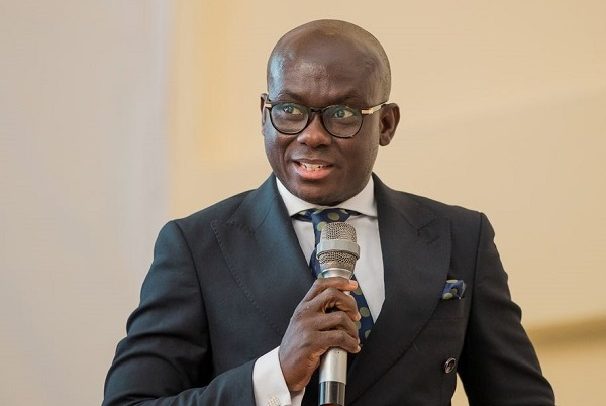
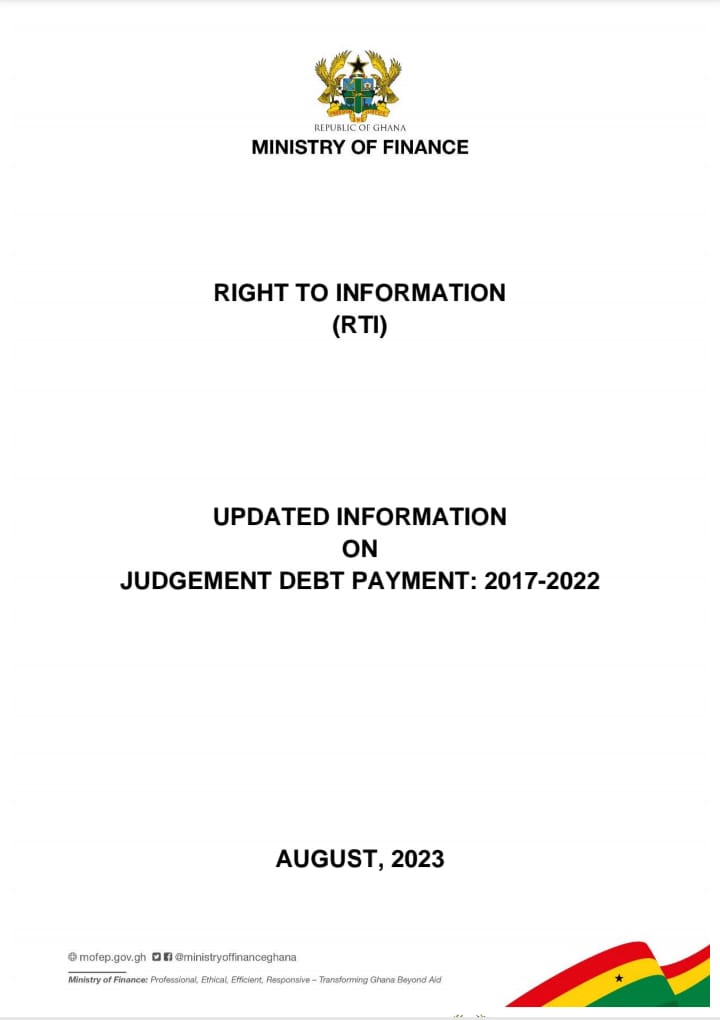
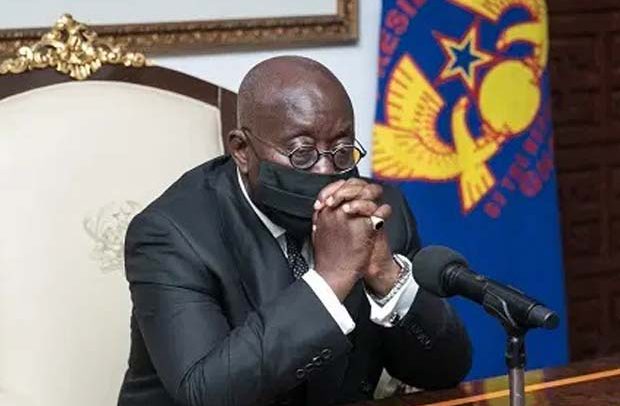
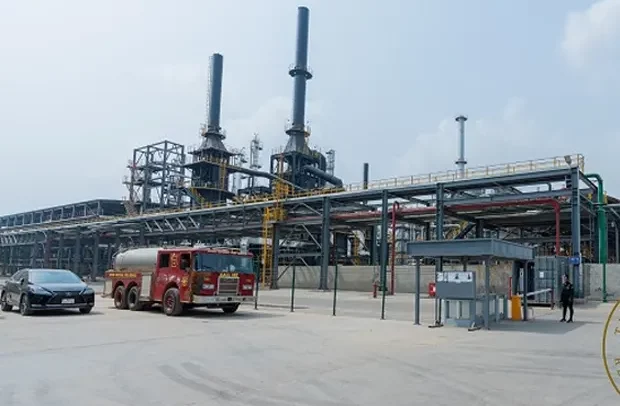



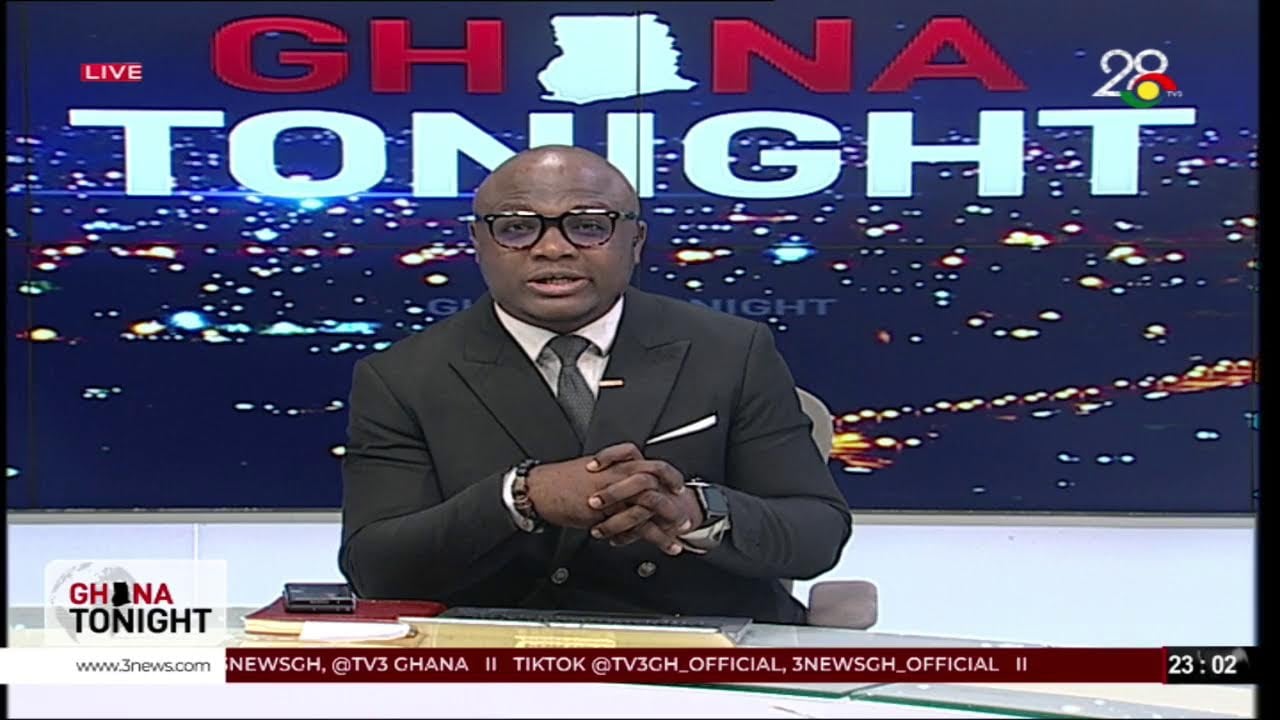











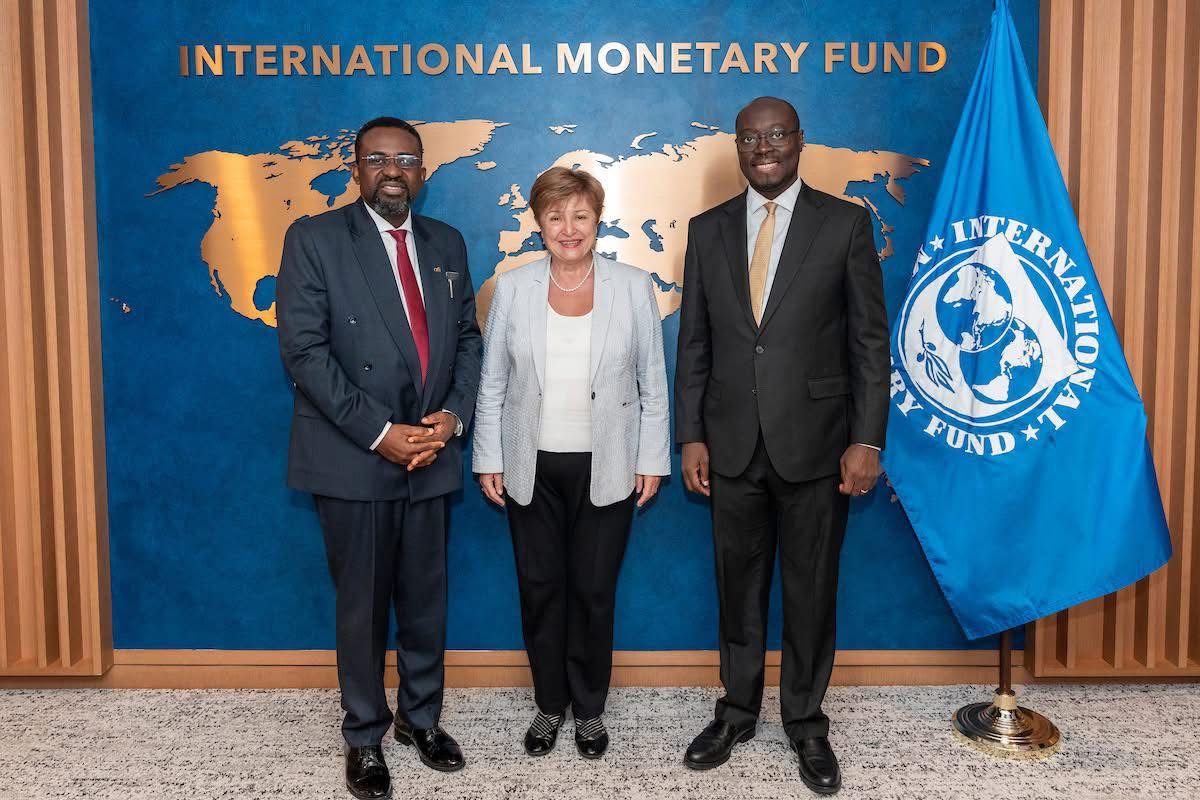
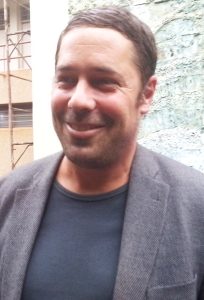
Facebook
Twitter
Pinterest
Instagram
Google+
YouTube
LinkedIn
RSS